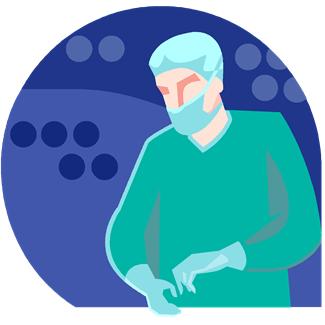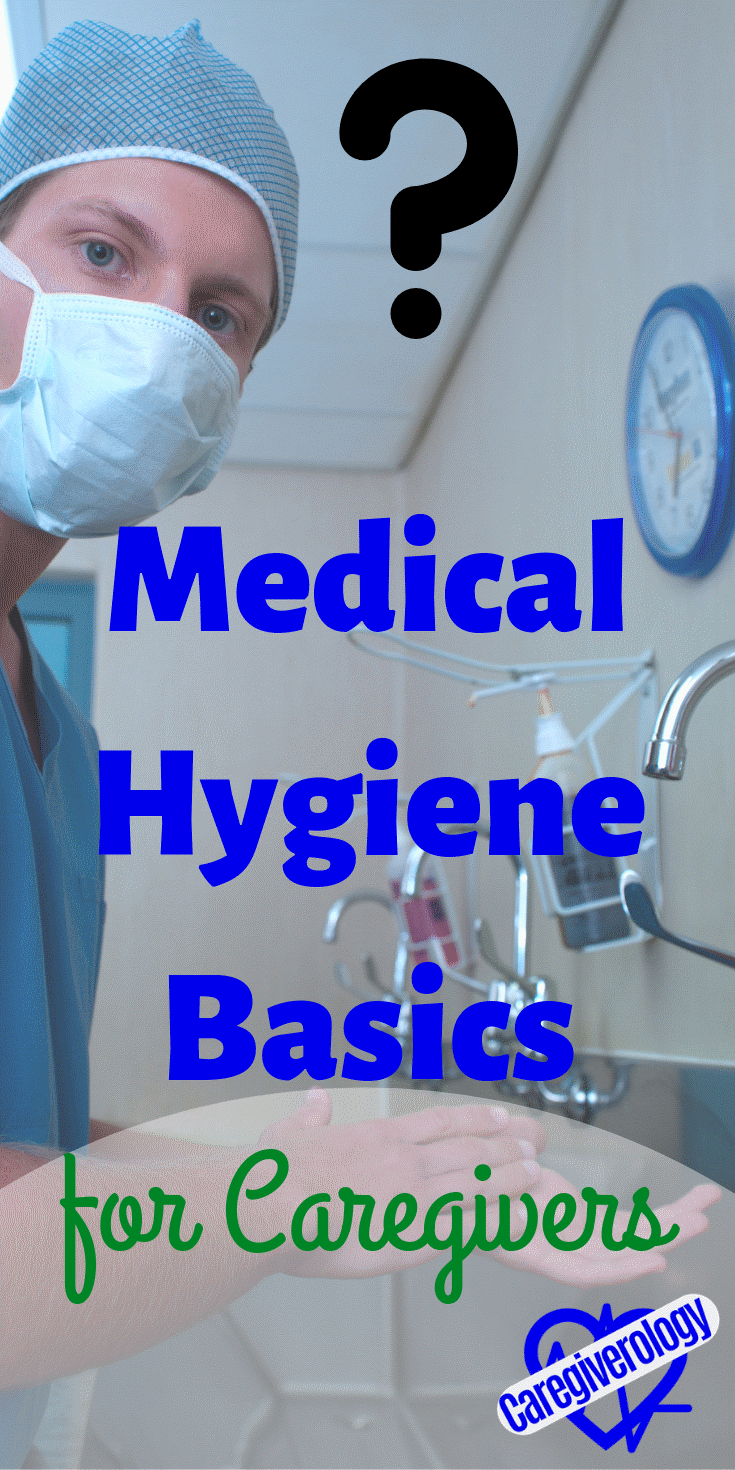Medical Hygiene Basics for Caregivers
Medical hygiene is extremely important not only for the patient, but for the caregiver themselves. Don't take it lightly. Many people have gotten ill when it could have been avoided if they would have just practiced proper hygiene. Don't let this be you.
Medical hygiene covers many different topics but they all work towards a common goal, to avoid the spread of infections. If one part of hygiene is taken seriously while another part is completely ignored, you might as well not practice it at all. It should be taken as a whole.
Forms of Hygiene
The most well known form of hygiene would be handwashing, and for good reason. The scary thing is, many people out there are not washing their hands properly. If you're going to do it, do it right. As a caregiver, we use our hands for everything so you should practice hand hygiene much more often than the average person.
Another form of cleaning your hands is the use of hand sanitizer. I know at the hospital where I work, we have dispensers everywhere. We are supposed to use it before and after we go into each room. I probably sanitize my hands an average of 50 times or more every shift. It's that important.
Wearing clean caregiver scrubs is a must. They should only be worn for one shift before being washed. Wiping down your caregiver shoes periodically is also important, especially if you've stepped in something, which will happen from time to time.
Something else I use constantly and you should too, are medical gloves. You should always have some readily available even if you are a caregiver at home. They're cheap and quick to use. They really can be life savers.
For some patients, an isolation gown and/or surgical mask are also a necessity. I don't use them for every patient, but i do for some of them, especially ones on isolation. Extra protection is never a bad thing for anybody.
You should also sterilize everything for you and your patient. Wipe down objects and surfaces around them, change their bed linens often, and of course, make sure they are bathed regularly. For patients on bedrest, that means a bed bath.
Although it is easily ignored, you should also dispose of medical waste properly. Especially at hospitals and similar facilities, many different things are disposed of in different ways. There are good reasons for this.

Words Cannot Describe the Importance
If everybody practiced all of these forms of hygiene on a regular basis, the results would be astounding. The amount of infection floating around would drop at an outrageous rate. You can help make that happen.
All of this may seem overwhelming at first but with practice, these things should become second nature. Study them and take action the next time you perform another caregiving act. Medical hygiene can not only save you from getting ill, it can save your patient's life.
From Medical Hygiene Basics for Caregivers to Home
Recent Articles
-
Common Truck Crash Injuries and Legal Remedies - Caregiverology
Jul 19, 25 10:49 AM
Known for its sun-drenched beaches, vibrant arts scene, and bustling maritime industry, Fort Lauderdale is a city that sees heavy traffic both on its roads and at its busy port. Unfortunately, with th… -
Why Expert Legal Help Matters After Serious Injury - Caregiverology
Jul 19, 25 10:35 AM
In Houston, over 67,600 car crashes occurred in 2023, resulting in 290 fatalities and 1,612 serious injuries. That’s roughly 185 accidents every day. -
How Life Care Planners Support Injury Recovery - Caregiverology
Jul 19, 25 10:18 AM
In Los Angeles, life care planners play a vital role in supporting injury recovery, especially for individuals facing catastrophic injuries such as traumatic brain injuries or spinal cord damage.





New! Comments
Have something to say about what you just read? Leave a comment in the box below.